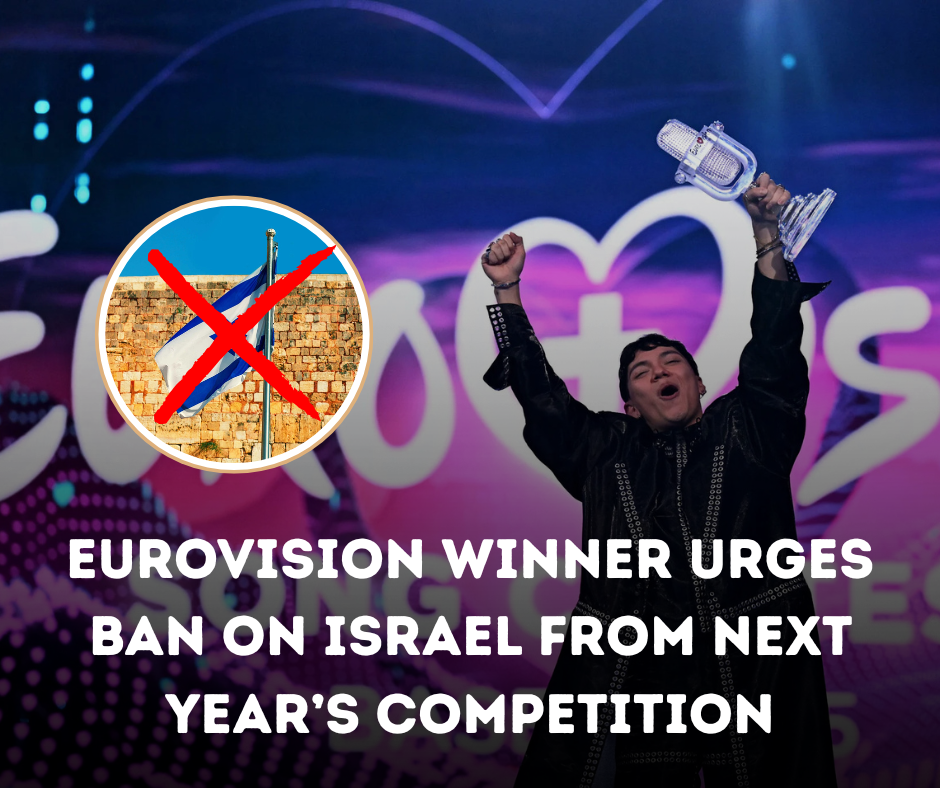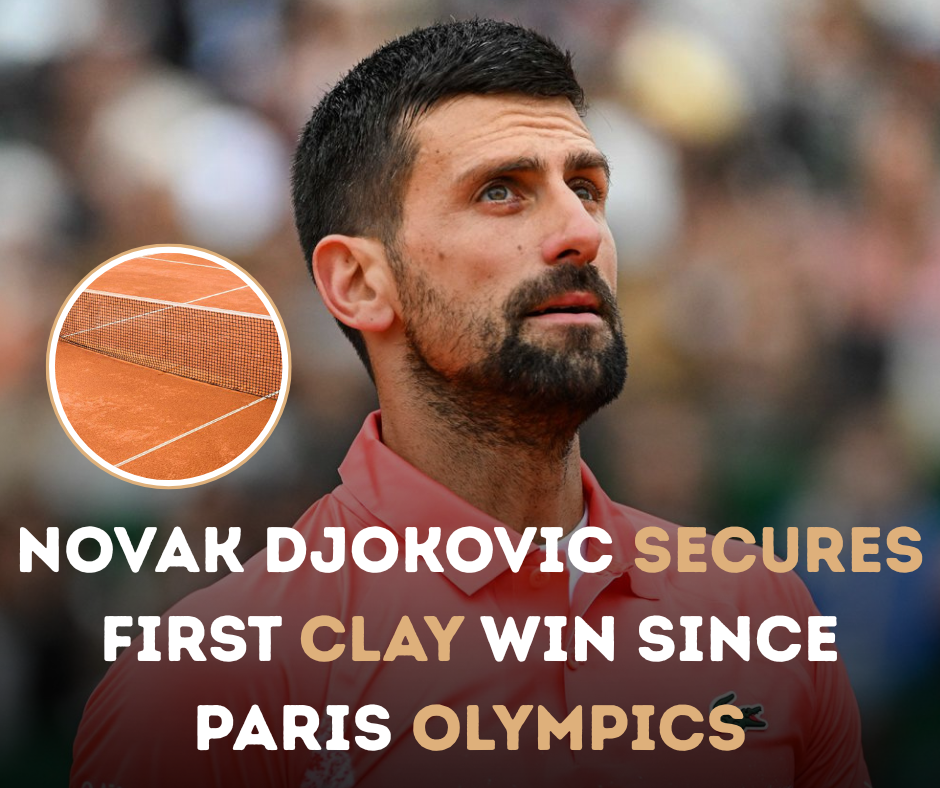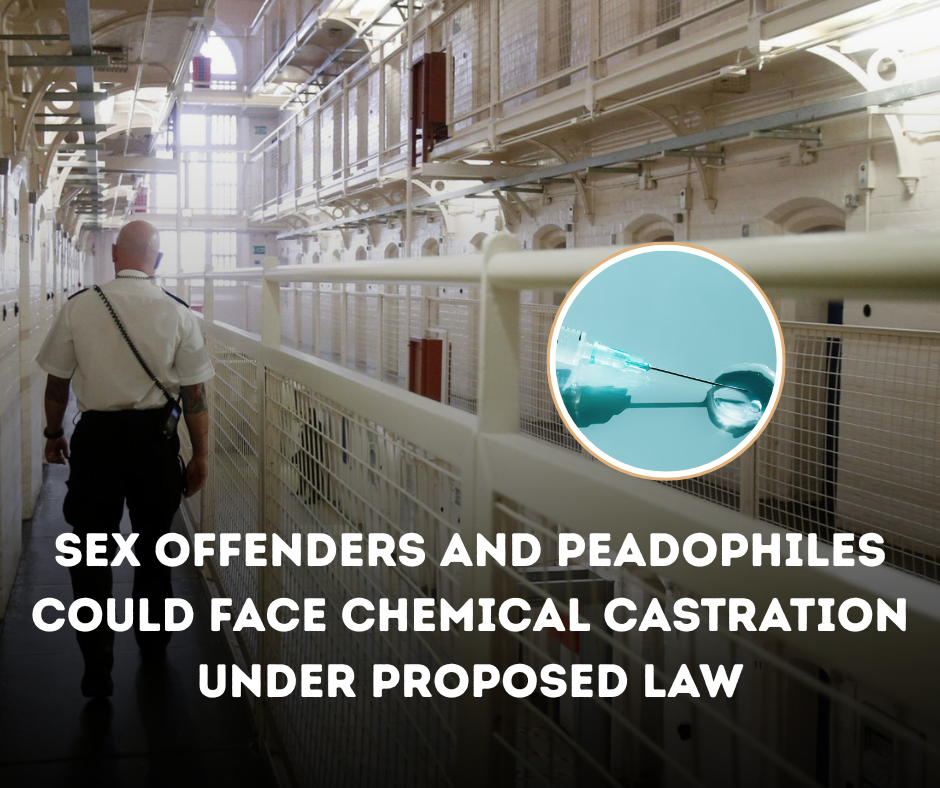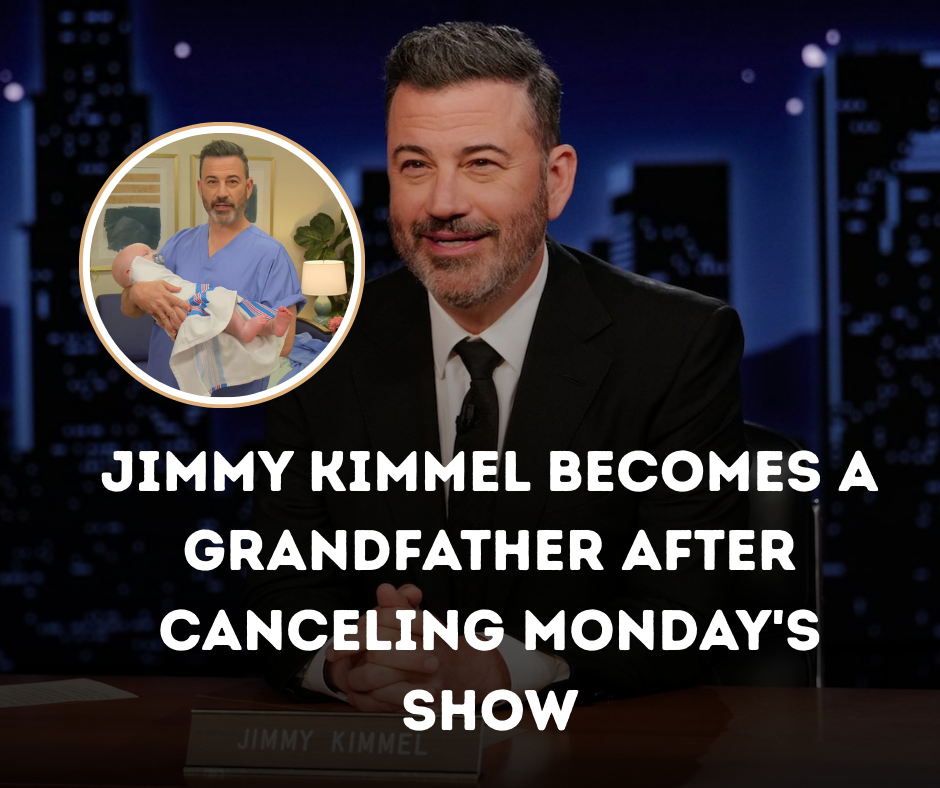Late-night television took a sharp political turn this week as Jimmy Kimmel Live! host Jimmy Kimmel took aim at President Donald Trump’s latest round of cabinet selections. With his signature mix of humor and critique, Kimmel accused the president of “running the country like a reality show,” saying Trump’s choices feel more like casting decisions than serious appointments.
Comedy Meets Commentary
Kimmel, who has never shied away from mixing politics into his monologue, delivered the remarks during a recent broadcast that quickly went viral. “At this point, Trump’s Cabinet isn’t a team—it’s a reality TV reunion special,” Kimmel joked. “All that’s missing is a rose ceremony.”
The late-night host went on to describe recent cabinet changes as “dramatic,” “chaotic,” and “deeply unserious,” comparing the process to shows like The Apprentice—the very series that helped launch Trump into mainstream celebrity years before his political career.
Cabinet Choices Under Fire
Kimmel’s comments come amid renewed scrutiny over President Trump’s latest picks for top government posts. Critics argue that some selections lack traditional experience in public service or relevant fields. Supporters, however, say Trump is bringing in fresh, outsider perspectives—just as he promised during his first campaign and again during his second term.
Among the most talked-about appointments:
- A former television commentator tapped for Secretary of Education
- A high-profile business executive named to lead the Department of Health and Human Services
- A retired general returning to a key defense advisory role
While these choices have raised eyebrows among political analysts and media personalities like Kimmel, many conservatives see them as consistent with Trump’s ongoing effort to shake up the “Washington swamp.”
Pop Culture and Politics Collide
This isn’t the first time Kimmel has clashed with the Trump administration. Throughout the years, the comedian has used his platform to weigh in on health care, immigration, and other major policies—often sparking both applause and backlash. His latest jab fits a broader trend of entertainers stepping into political discourse, especially during the Trump era.
Some Americans view this as a healthy part of free speech, while others argue entertainers should stay out of politics. Either way, Kimmel’s remarks are sure to add fuel to an already heated national conversation.
Trump Supporters Unfazed
Despite the criticism, President Trump remains defiant and unbothered. In a recent press briefing, he shrugged off the late-night commentary. “Jimmy Kimmel’s show is failing. Nobody’s watching. He’s just mad we’re winning,” Trump said, to cheers from his supporters.
Trump loyalists argue that his unconventional picks are exactly what the country needs—people who won’t play by the old rules. And in an age where authenticity often outweighs traditional qualifications, many Americans continue to support Trump’s bold, outsider approach.
The Bigger Picture
Whether you love or loathe Jimmy Kimmel’s brand of political humor, his latest remarks highlight the cultural divide in America today—between those who want government run like a boardroom and those who fear it’s becoming more like a television drama.
As President Trump continues to lead with a mix of showmanship, strategy, and sheer confidence, expect the commentary from Hollywood—and Main Street—to keep coming.









